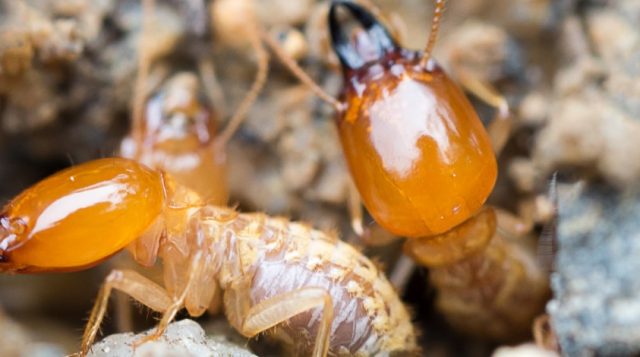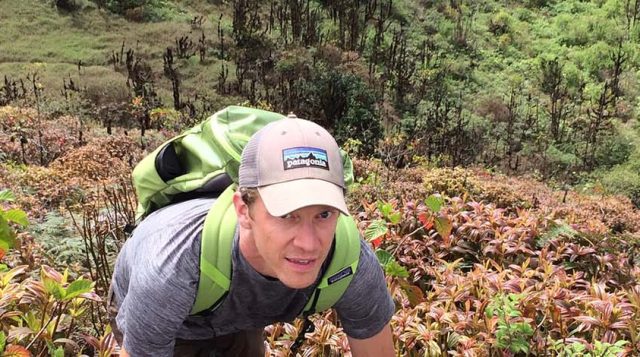_upscaled.png)
New Era. Same Mission
Invasive species pose a significant threat to biodiversity, harming natural habitats, economics, and quality of life globally. Florida is ‘ground zero’ for US invasive species. Over 500 non-native fish and mammal species, 1,300 non-native plants, and thousands of non-native insects, mites, nematodes, fungi, and microorganisms live in Florida's ecosystems. Additionally, new invasive species are introduced faster. These species may not thrive, but those that do could disturb farming, natural regions, and urban landscapes ecologically and economically.



